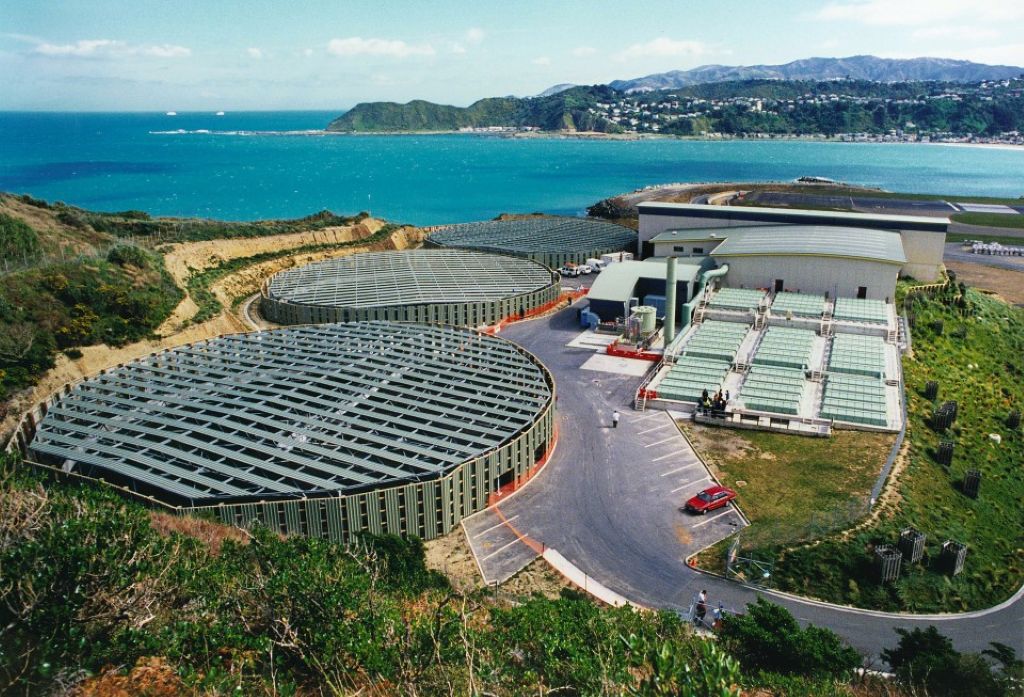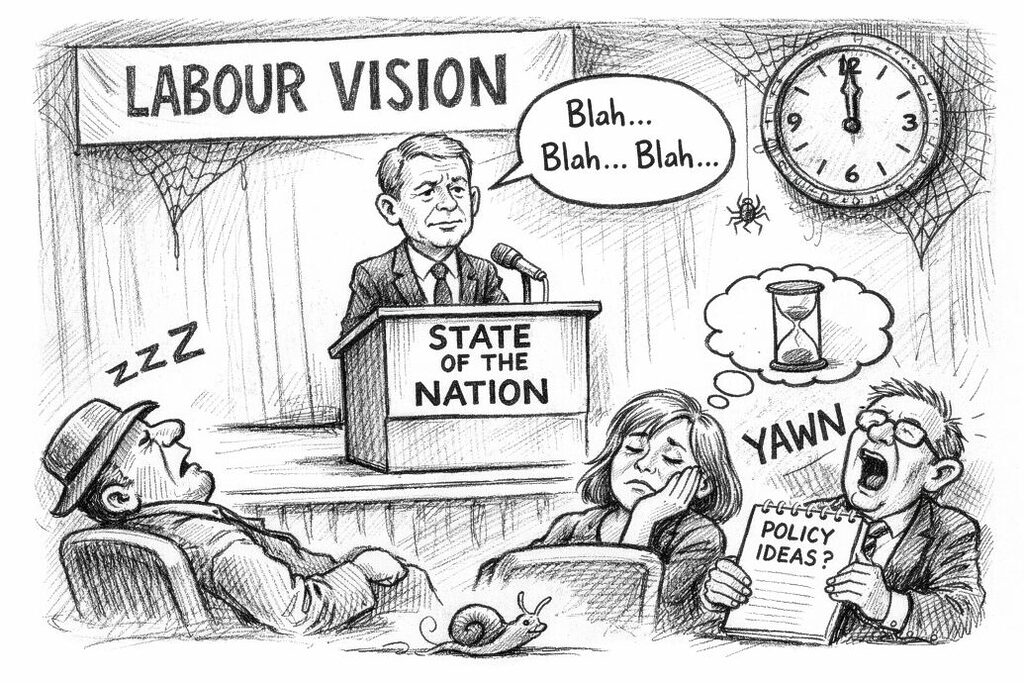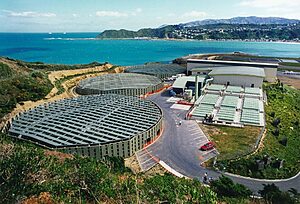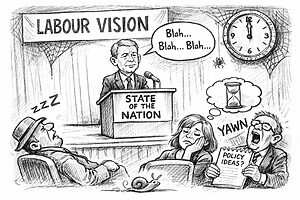Summarised by Centrist
Associate Professor Martin Brook argues that environmental activists protesting at the Victoria University careers expo created an “intimidating atmosphere” and hindered discussions about mining careers while displaying cognitive dissonance.
Ironically, these activists are “undermining people’s law-abiding civil liberties, while walking around with a smartphone and consuming everyday products and technologies that are comprised of mined minerals,” he writes.
Brook points out that transitioning to green energy, as mandated by the Paris Agreement, requires the extraction of minerals such as lithium, nickel, and cobalt.
“What we need in Aotearoa is a mature conversation about the extractive industry and how much it benefits us. Those who object to mining might have a point, but they (and probably most of us) could get better educated on this topic,” he writes.
He cites Greenpeace as a source of useful information on the minerals and technology sector, which appears to be lacking amongst protestors.
Mining is essential for the production of renewable energy technologies like wind turbines and solar panels, as well as everyday items from smartphones to healthcare products.
“The consumption of these minerals could increase six-fold by 2050,” Brook notes, referencing the International Energy Agency’s data on the necessity of critical minerals for achieving climate goals.
He even suggests that New Zealand should consider extracting its own minerals to contribute to global supply chains.
He argues, “The (mining) train has left the station and it’s rapidly whizzing toward facilitating our transition to green energy.” Brook notes that the government’s proposed minerals strategy, which recently closed for consultation, will play a major role in this transition.

























